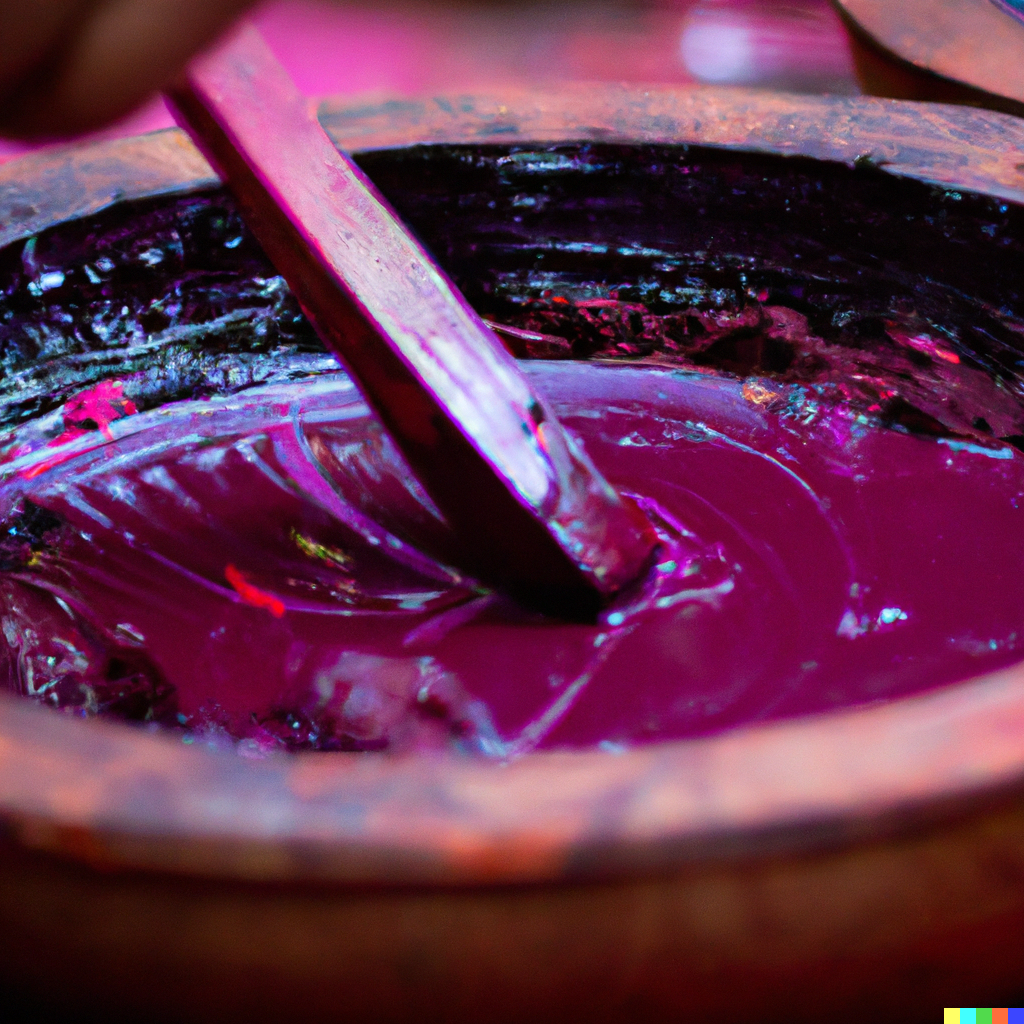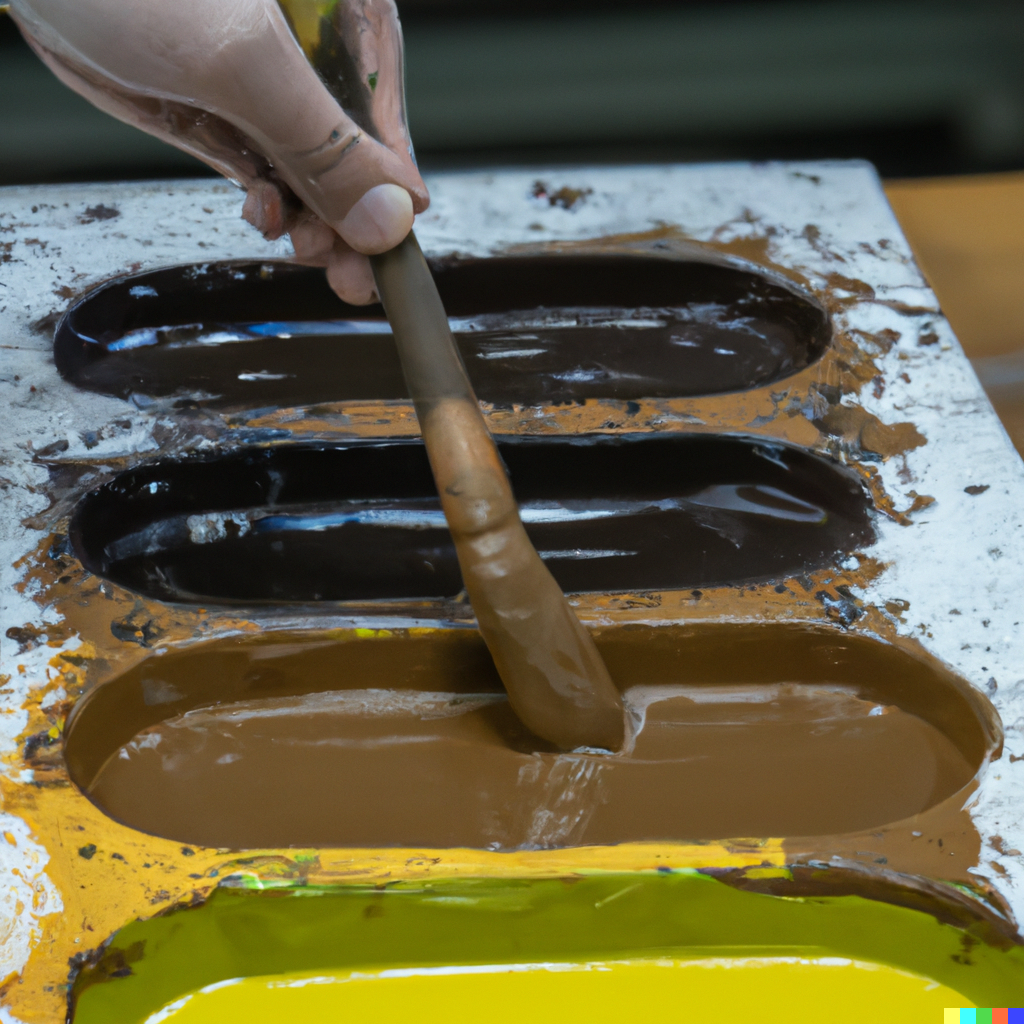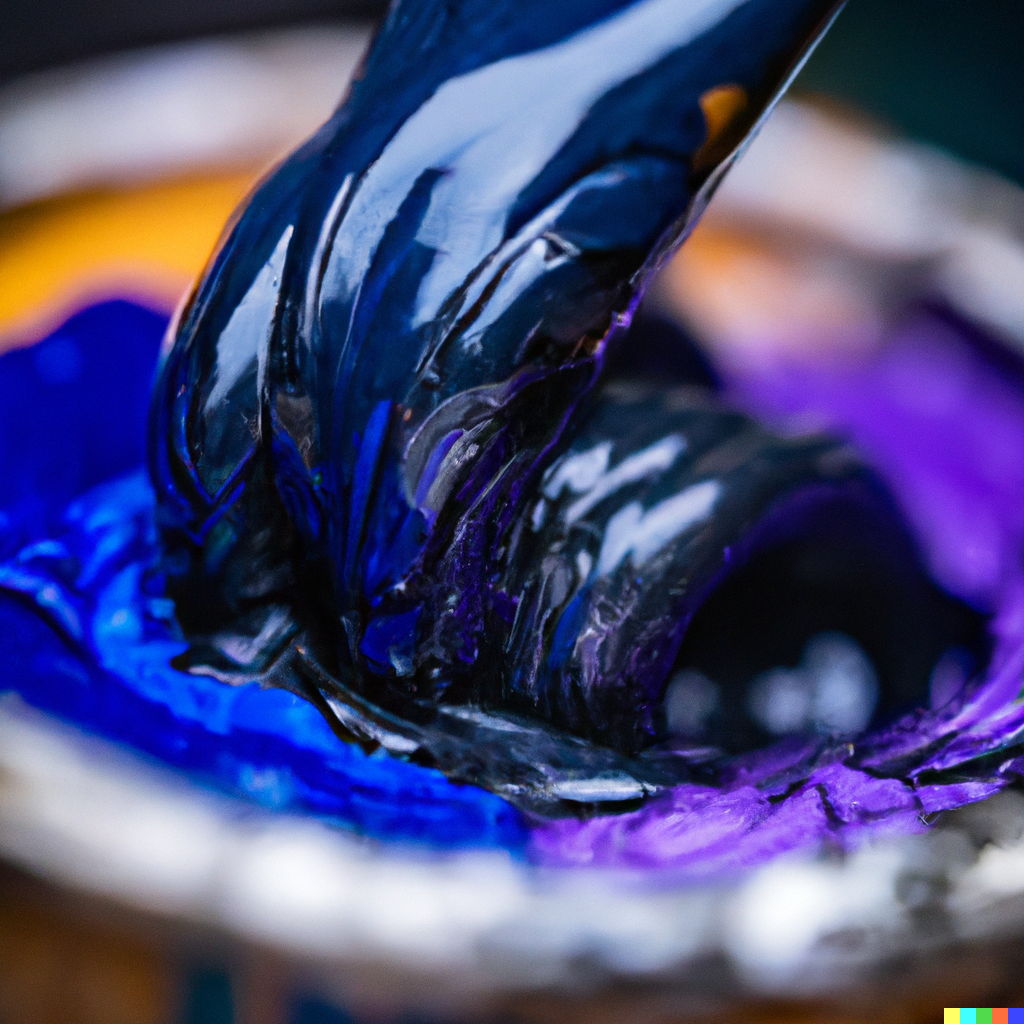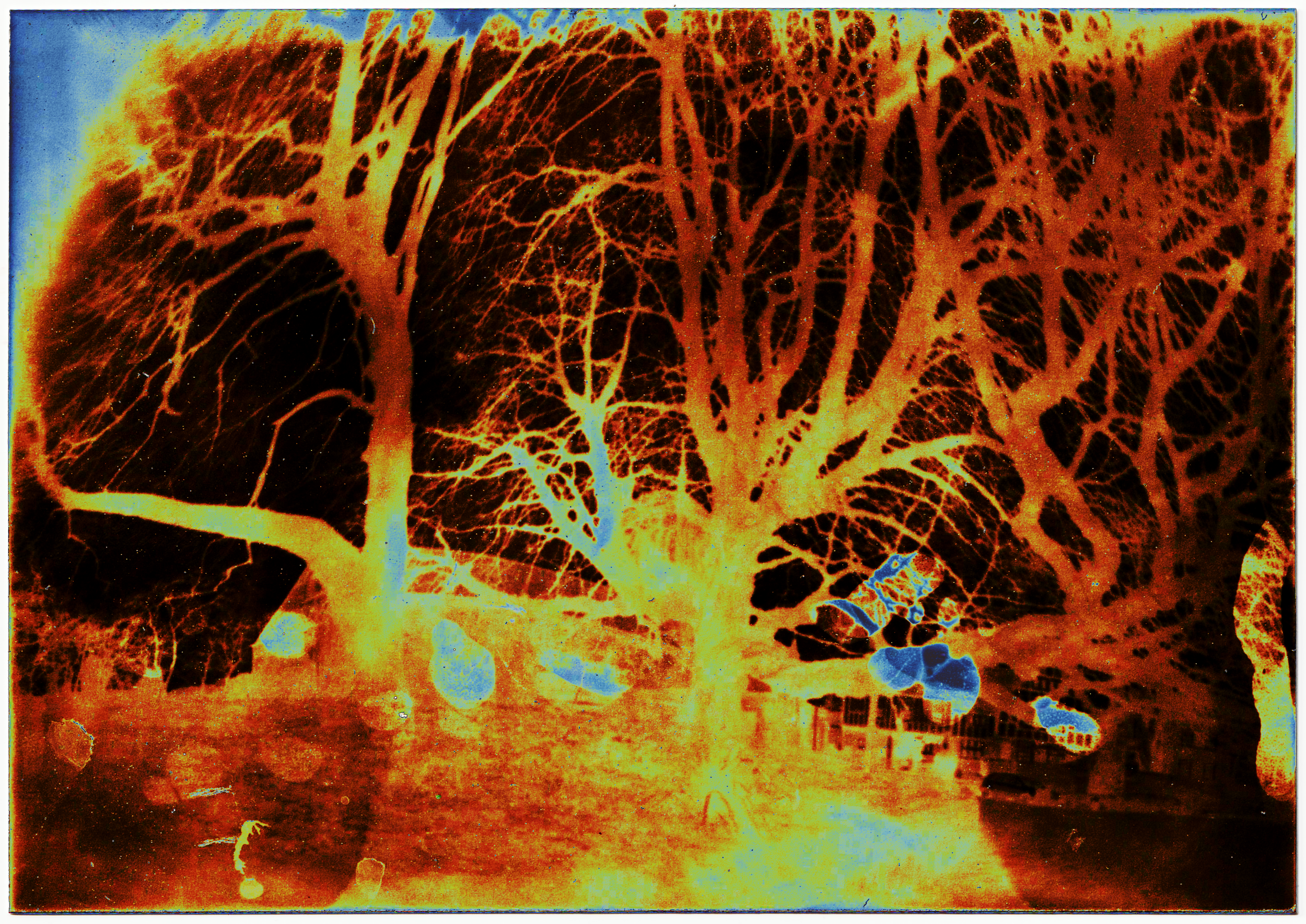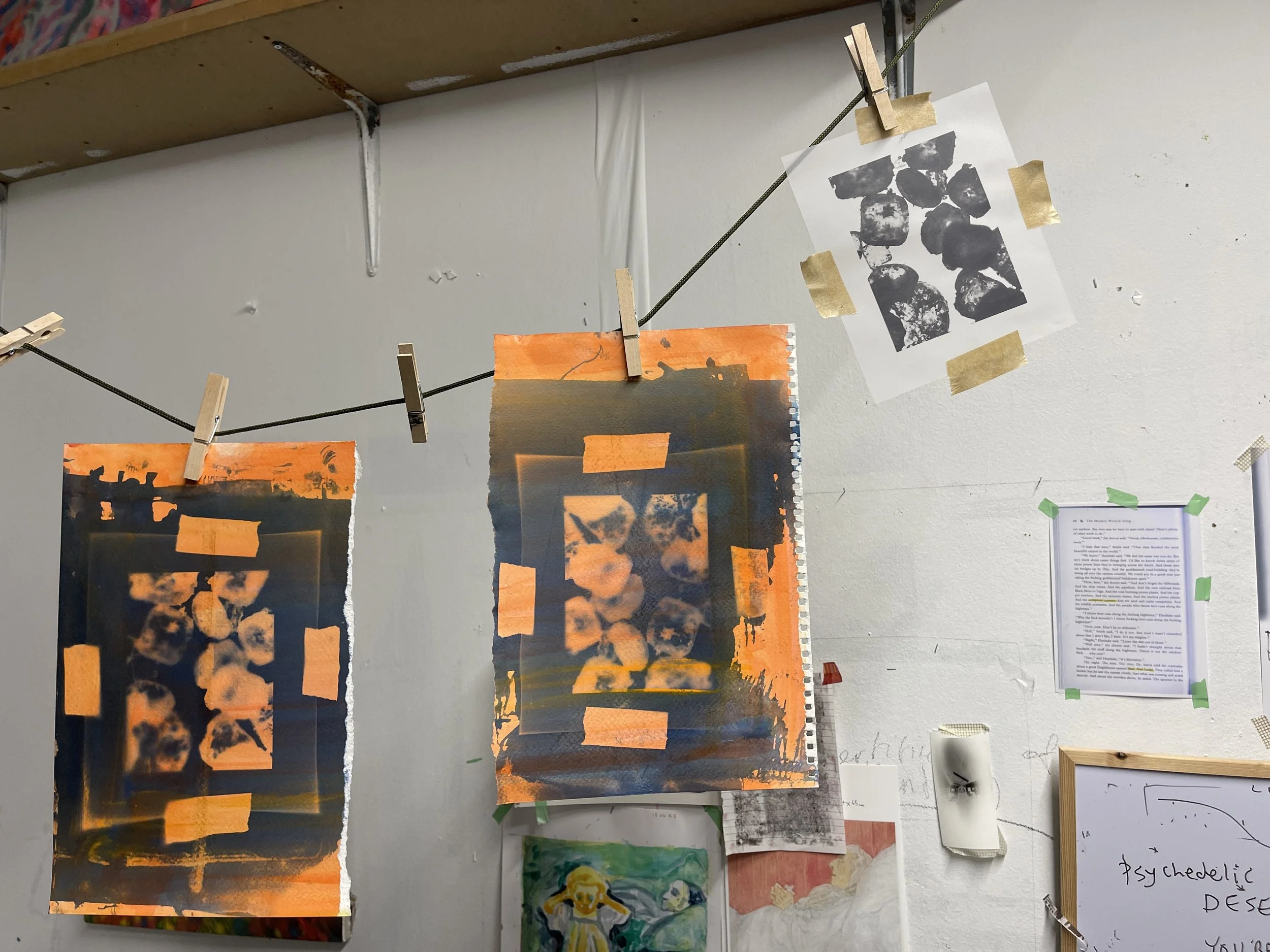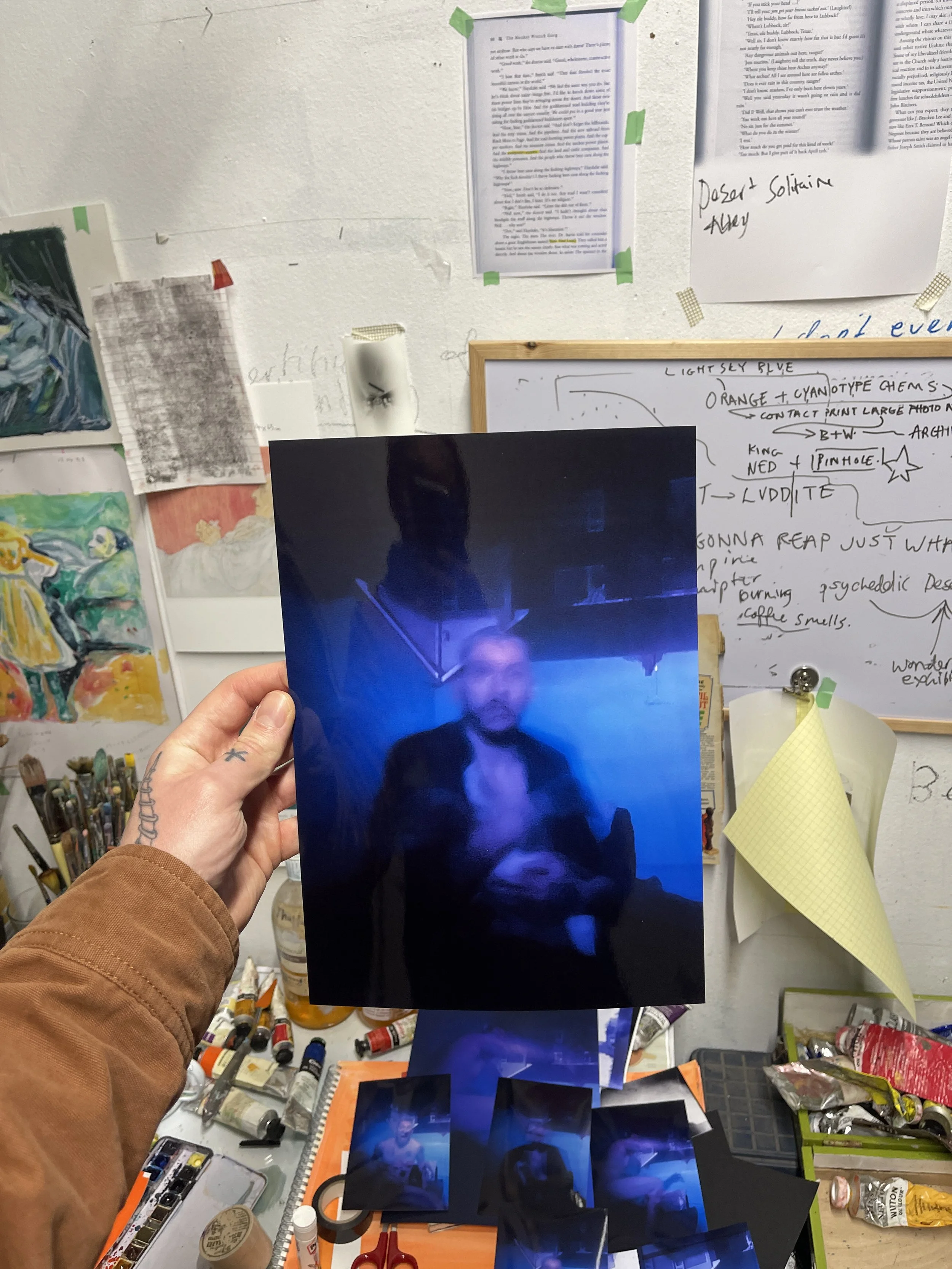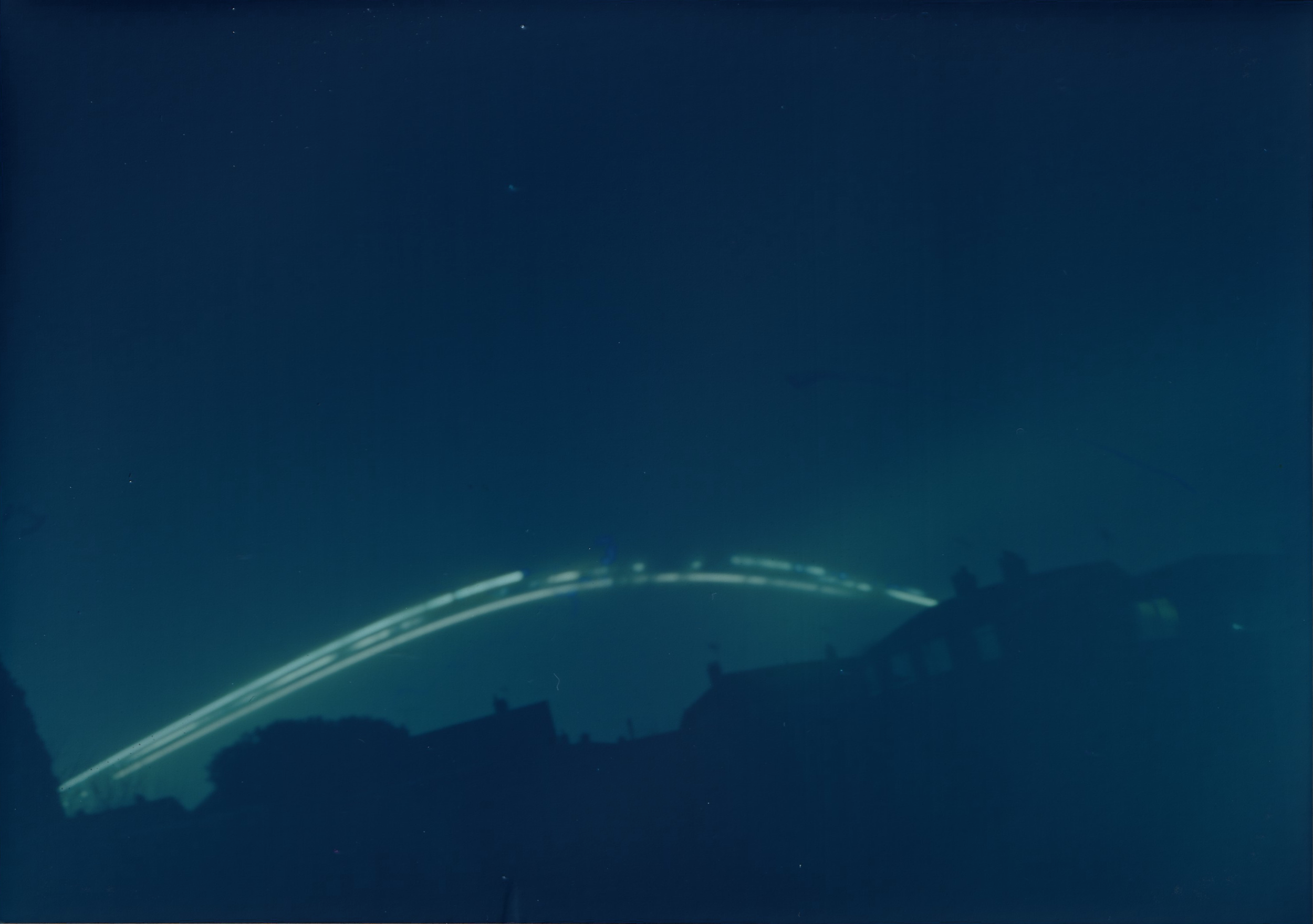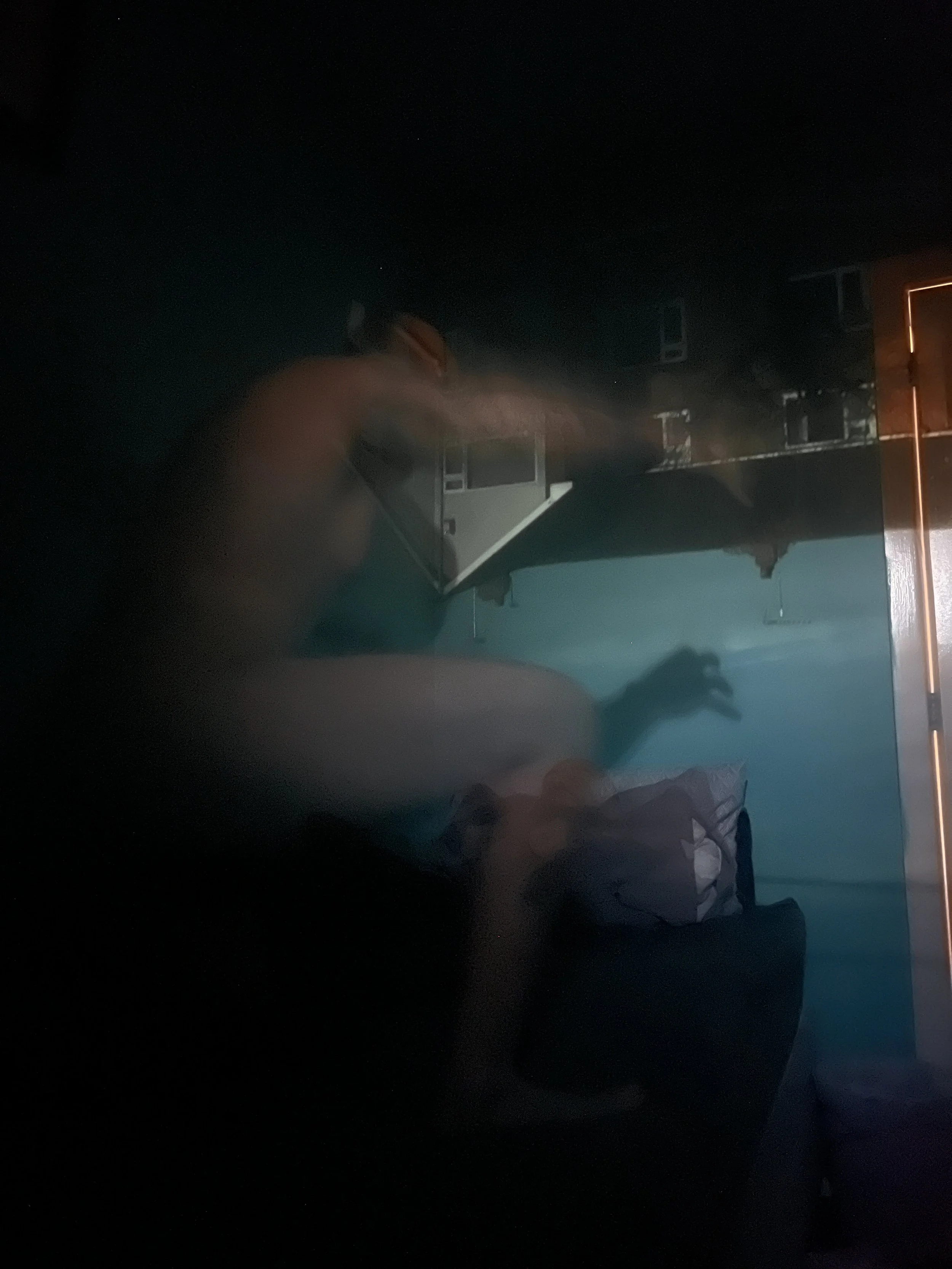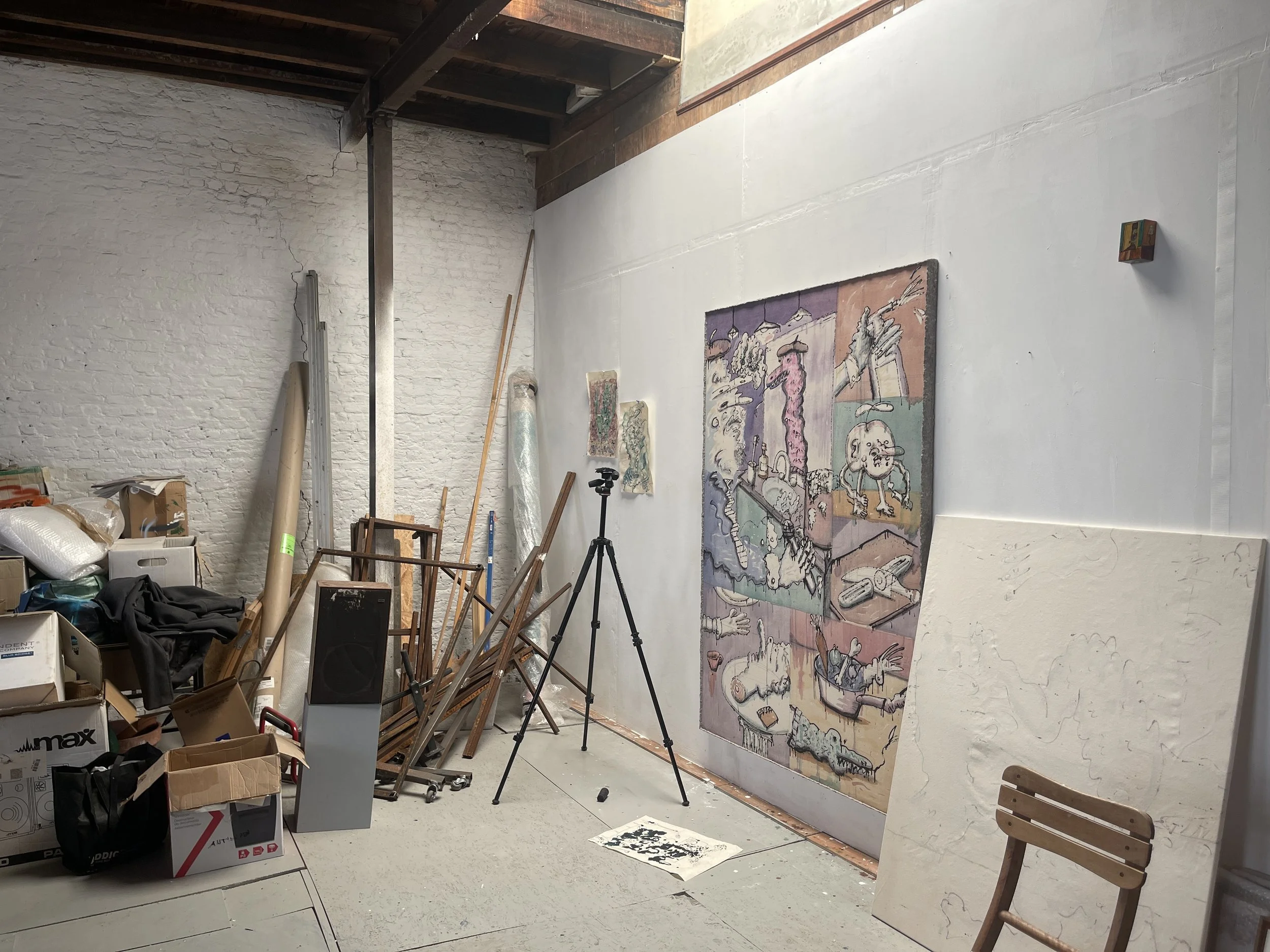How to make your own cyanotype solutions from scratch
In the video below I show you how to make your own cyanotype solutions from scratch.
You will need:
Ammonium Iron (III) Citrate (18%) (20grams per 100ml of distilled water)
Potassium Ferrocyanide (8 grams per 100ml of distilled water)
distilled water
some glass beakers
scales 0.00 grams so you can be accurate
stirring rod (glass)
amber glass bottles
funnels
coffee filter paper
foam brush or use the glass rod to coat (works better than brush tbh, pour small amount of mixed solution on top of paper then use the glass rod to glide the fluid across paper, wiping access with paper towel)
water colour paper, here I used WHsmith own brand water colour paper, which is acid free but may have an Alkaline buffer, which I don’t particularly want but not quite sure if it does or not, not enough specs on the cover.
a contact printing frame, here I used a cheap second hand picture frame, seemed to work well.
sunlight or a UV lamp which emits light around 365-390 Nano meters I think, that’s what you want. Everbeam UV lamps are good.
PPE like nitrile gloves, goggles and possibly a mask if grinding the potassium ferrocyanide.
paper towels are always handy, I like blue roll or blitz kitchen towels as they are both robust.
patience.
How to make oil paint with ground up charcoal
Here is a video on how to make oil paint with charcoal grounds, I’ll be making clearer, more concise videos soon, with useful information for artists.
How to make oil paint and some FAQs
To make oil paint by hand, you'll need oil, pigment, a palette knife, and a container for mixing. Begin by measuring out equal amounts of oil and pigment. Place the oil in a container and add the pigment. Mix the two ingredients together with a palette knife until a paste forms. This paste is your oil paint. You can use it in its original paste form or thin it out with a little more oil. Once you’ve achieved the desired consistency, your oil paint is ready to use.
What is the cheapest pigment to use?
The cheapest pigment to use is earth pigments. Earth pigments, such as ochre, clay, and charcoal, are naturally occurring and can be mined, collected, or purchased in powdered form. They are generally less expensive than other pigments, and can be used to create a variety of colors.
What safety procautions should I make?
When making oil paint by hand, safety should be a top priority. Wear protective gloves, glasses, and a breathing mask to protect yourself from any harmful particles that may be present in the pigment. Make sure you are working in a well-ventilated area, and keep the oil away from open flames. Additionally, always read the safety instructions on any materials or products you are using.
What surface is best to use the paint on?
The best surface to use oil paint on is a prepared canvas. Canvas is a durable, absorbent surface that is ideal for use with oil paints. It is important to prepare the canvas before you start painting, as this will ensure that the paint adheres properly and won’t flake off. You can also use oil paint on wood, paper, or metal surfaces.
What is the best way to prepare a canvas for use with oil paint?
The best way to prepare a canvas for use with oil paint is to prime it. Priming a canvas is the process of applying a layer of primer to the surface to ensure that the paint adheres properly. You can use an acrylic primer or a gesso primer, which is a combination of glue and chalk. When priming the canvas, make sure to cover the entire surface evenly and allow it to dry before you start painting.
How long does it take to dry?
Oil paint takes longer to dry than other types of paint, as the oil takes longer to evaporate. Generally, it takes anywhere from 12 to 48 hours for oil paint to dry, depending on the thickness of the paint and the temperature of the room.
What if it is applied very thickly?
If the oil paint is applied very thickly, it may take longer to dry. To speed up the drying process, you can add a few drops of a medium, such as linseed oil or lavender oil, to the paint. This will help the paint to dry more quickly.
What are the best mediums to thin oil paint, that are safe in an inclosed space?
The best mediums to thin oil paint that are safe in an enclosed space are linseed oil, lavender oil, and turpentine. These mediums can be added to the paint to thin it out and help it to dry more quickly. Make sure to use these mediums in a well-ventilated area, and wear protective gear such as gloves and a breathing mask.
